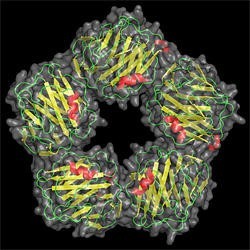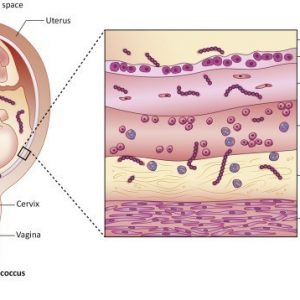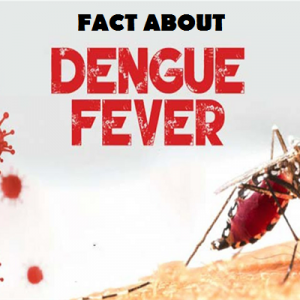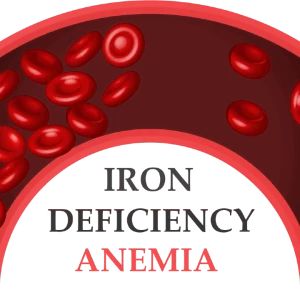
High Blood Pressure or hypertension (HBP) is a condition in which the blood pressure becomes too high. Blood Pressure is the force of blood pushing against the walls of our blood vessels. Usually Hypertension (High Blood Pressure) is identifiable when the blood pressure reads above 140/90. A severe condition of high blood pressure occurs when the blood pressure is readable anywhere above 180/120.
A blood pressure measurement counts the amount of blood that passes through the blood vessels as also the amount of resistance the blood meets while the heart pumps.
Fact: Narrow arteries increase resistance and increase blood pressure, i.e, the narrower the artery, the higher the blood pressure.
Causes of High Blood Pressure
High Blood Pressure is a condition that develops over the course of several years. It is extremely dangerous and can cause damage to the blood vessels and other organs of the body including the brain, eyes, heart, and kidneys. If high blood pressure is not treated within the right span of time, it can lead to several health conditions like heart diseases and stroke.
Coming back to causes of high blood pressure… First, you must know, there are 2 types of hypertension – primary and secondary.
– Primary Hypertension is called essential hypertension. This is one type of hypertension that develops over time with no identifiable causes. Factors that cause this type of hypertension include Genes, physical changes, and the changing environment.
– Secondary Hypertension is one that occurs instantly and can become even more severe than primary hypertension. Conditions that can cause secondary hypertension include kidney disease, obstructive sleep apnea, thyroid issues, illegal drugs, alcohol abuse, certain endocrine tumours, side effects of medications, congenital heart defects, adrenal gland problems, etc…
Symptoms of High Blood Pressure
Regular blood pressure readings are necessary for everyone only because the doctor can study the changes in our blood pressure levels. A high blood pressure often has no symptoms, which again means that it is very important for one to regularly get their blood pressure levels tested. This is because, an early detection of high blood pressure with the help of medications can be treated well.
In a case when your blood pressure elevates, the doctor tends to check your blood pressure over a few weeks to see if the number stays elevated or falls back to its normal level and only then prescribes medications for the same.
Most medical professionals at the best diagnostic centre in Delhi believe that hypertension or high blood pressure is a silent condition and that people don’t experience any symptoms for it. But, here is a list of issues that can indicate severe hypertension. These might not always indicate high blood pressure but must be treated as emergency signs for a check up…
- Headaches
- Nosebleeds
- Dizziness
- Shortness of breath
- Chest pain
- Visual changes
- Blood in urine
- Flushing
Again, waiting for these symptoms could be fatal, so stick to getting a regular blood pressure reading. Also, there can be chances that you have family history of heart diseases, so a doctor could be the right hand to guide.
Diet for High Blood Pressure
Eating a healthier diet with less salt can help in controlling high blood pressure. Here is a list below to help you with your weekly shopping list in case you have a high blood pressure.
- Eat more nuts, legumes, and lean proteins like fish.
- Try to burn equal number calories that you intake in a day.
- Avoid sugary or salty snacks and opt of vegetables and fruits instead.
- Instead of highly refines white flour, opt to eat breads, and other carbohydrate-rich foods made from whole grains.
- Eat more fruits rather than having fruit juice.
- Prefer to use unsaturated fats like olive, soybean, peanut, corn, safflower, or canola oils rather than butter, palm-kernel oil, or coconut oil.
- Say a definite NO to canned and processed foods and instead choose to munch on fresh or frozen foods.
- Use herbs, vinegar, spices, and other low-sodium foods instead of salt.
- Less meat and more plants.
- Eat low-fat dairy products and cut back on food that is high in saturated fats, cholesterol, and trans fat.
For a proper nutrition chart for patients with high blood pressure, reach out to our nutritionists/experts at Lifeline Laboratory.
Medication for High Blood Pressure
Although high blood pressure can be treated with both prescription medication and changes in lifestyle, it is still recommended that you must get your medical diagnosis. A medical professional will most likely be the only person to help in treating high blood pressure as it requires the right attention and medication.
A diagnosis for hypertension is rare after just one reading which is why doctors need evidence of a sustained problem. Sometimes, environment can also cause hypertension. Blood pressure levels also keep changing throughout the day, so, a doctor could ask you to get the following tests done in order to identify secondary issues of the cause of elevation of blood pressure.
- Urine test
- Blood Test – such as lipid profile (cholesterol), kidney function test
- Homocysteine, lipo
- Electrocardiogram (ECG)
- Ultrasound of heart or kidneys
You can also book your blood test in Delhi with us at Lifeline Laboratory by giving us a call @49575700 or by simply filling in for an online blood test. We serve our customers at the best diagnostic centre in Delhi NCR.
Medication drugs that help in treating high blood pressure are termed as Antihypertensives. These drugs are divided into several categories named below:
- Diuretics
- Beta-Blockers
- ACE Inhibitors (Angiotensin Converting Enzyme)
- ARBs (Angiotensin II Receptor Blockers)
- Calcium Channel Blockers
- Alpha Blockers
- Alpha-Beta-Blockers
- Central Agonists
- Vasodilators
- Aldosterone Receptor Antagonists
- Direct Renin Inhibitors
We hope that this was a helpful article and for any further queries either relating to High Blood Pressure or any other health issue, feel free to reach our experts at the Lifeline Laboratory, also recommended as the best diagnostic centre in Delhi.






